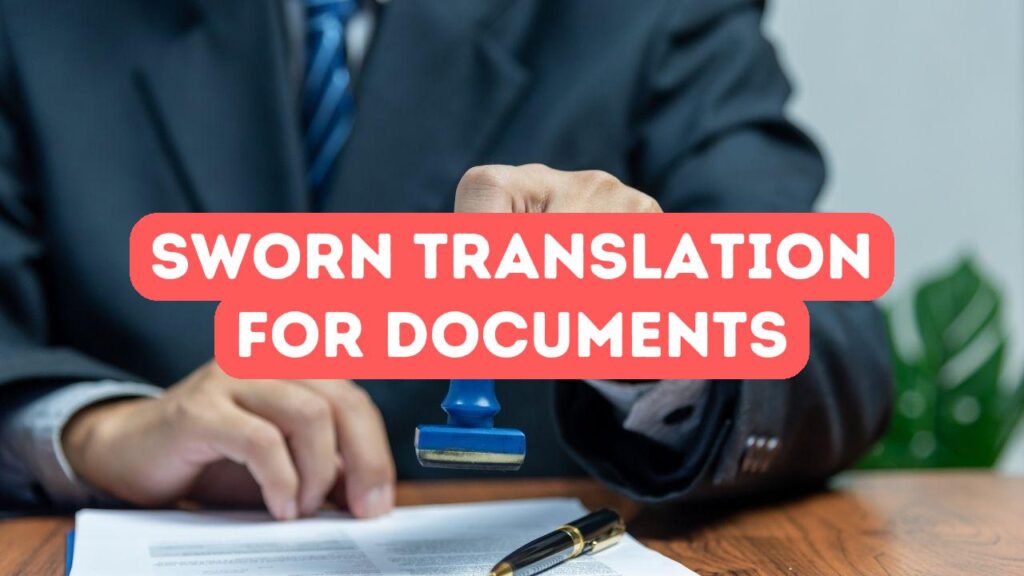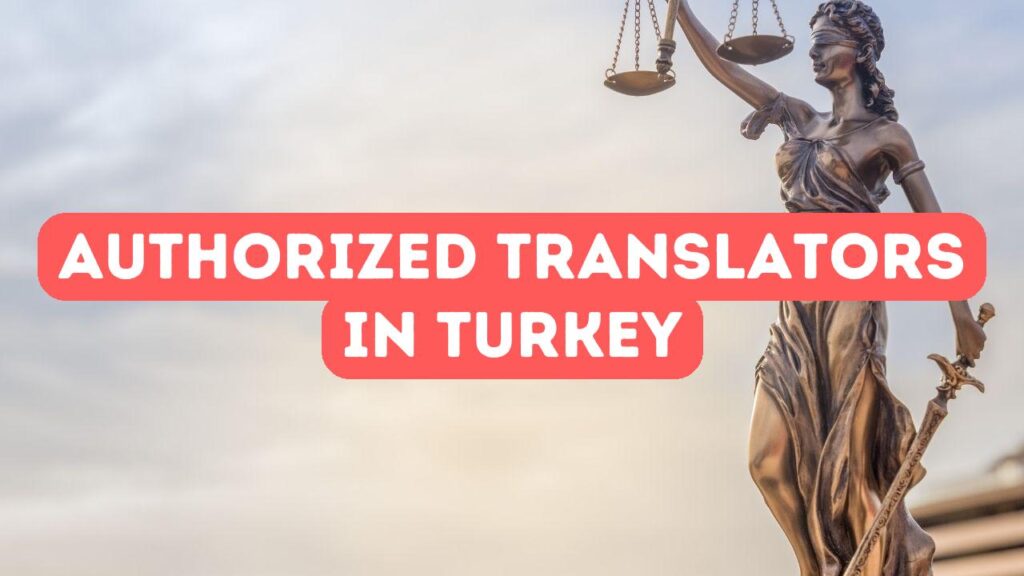Accurate translation in insurance claims isn’t just a nice-to-have—it’s a necessity, especially in Turkey’s complex insurance landscape. The importance of translation in insurance can’t be overstated. Imagine navigating an already stressful claim process, only to be tripped up by confusing insurance policy language. That’s a recipe for disaster. Translation errors in insurance can lead to misunderstandings, delays, and even financial loss. In Turkey, where diverse languages and legal stipulations intersect, ensuring every detail is accurately translated becomes crucial. Whether it’s a minor mishap or a significant incident, the stakes are high. A mistake can mean the difference between a successful claim or a frustrating denial. Therefore, grasping the nuances in insurance claims in Turkey through precise translation isn’t just about words—it’s about ensuring peace of mind. Don’t let a translation error in insurance lead you astray; in the world of insurance claims, accuracy is everything.
Understanding the Legal Nuances of Translation in Insurance Processes
In the heart of Turkey’s insurance sector, understanding legal nuances is like deciphering a language unto itself. Legal terminology is no mere bag of words—it’s the backbone of insurance claims in Turkey. Accurate translation in insurance claims matters because each word can change the meaning of a policy. Imagine being bogged down in translation errors in insurance just when you need clarity. Mistaking “coverage” for “claimant” could mean a world of trouble. It’s not just documents but livelihoods hanging on a thread, showing the importance of translation in insurance. From patient papers to intricate policy documents, the need for precision in translating insurance policy language is undeniable. When missteps occur, even a small slip can snowball into significant financial setbacks. A precise understanding translates not just words, but assures peace of mind, in knowing that what you read is exactly what was intended.
In Turkey, where the dance of language and law is intricate, understanding insurance processes demands precise translation. This importance cannot be overlooked—every term carries weight. The importance of translation in insurance becomes evident when a single word could tip the scales of justice. For instance, mistaking “liability” for “responsibility” might muddle insurance claims Turkey navigates every day. Such translation errors in insurance can invite confusion, turning a claim process into a chaotic maze. Mastery of insurance policy language ensures that your claim isn’t just a shot in the dark. It’s crucial that legal documents meant to protect don’t end up as hurdles. Each translated word must stand as a steadfast ally. Ensuring accurate translation insurance claims provides clarity, preventing misunderstandings. The stakes are high, and the cost of errors could be steep. A clear translation is not a luxury—it’s a vital component in securing fair and just claims.
Every insurance claim in Turkey, incessantly tied to precise terminology, thrives on accurate translation practices. It’s not merely word juggling—it’s a critical pillar in the labyrinth of insurance policy language. For an insurance claims process, accurate translation insurance claims transcend beyond faithful adherence to factual data; they blend understanding with assured clarity. Envision the chaos spawned from translation errors in insurance terms—confusion, halted processes, and unwanted disputes. The importance of translation in insurance stands clear here, offering a compass that guides claims through uncharted territory. It ensures that insurance documents become reliable roadmaps, not daunting riddles. Each document, meticulously translated, prevents the passage of errors into real-world consequences. For insurance claims Turkey must process effectively, this means certainty and trust, sourced from linguistic accuracy. Thus, weaving through the legalese, insurers and claimants alike secure their ambitions, shielding aspirations from the tempest of misinterpretation.
The Impact of Translation Errors on Claim Outcomes
Translation errors in insurance claims can spell trouble, especially when it comes to claim outcomes. In Turkey’s intricate insurance setting, even a minor translation misstep might lead to a major misunderstanding. Policies laden with specific jargon require precise interpretation; falter here, and you could face unwanted turmoil. Imagine expecting a payout, only to realize a simple error has thrown a wrench in the works—what a bitter pill to swallow! These blunders not only cause unnecessary stress but also extend the claim process, delaying financial relief precisely when it’s needed most. The importance of translation in insurance, particularly within Turkey’s diverse legal frameworks, cannot be diminished. Each clause must be rendered accurately to avoid disputes down the line. In essence, accurate translation isn’t just a convenience; it’s the linchpin to ensuring your insurance claim sails smoothly without unwelcome detours.
Accuracy in translation is the bedrock of successful insurance claims. It’s like the rudder steering a ship through Turkey’s insurance waters—one wrong move and you’re adrift. Misinterpretations in insurance policy language can lead to costly mistakes. Imagine being set for a claim, but translation errors in insurance throw everything off balance. Such hiccups don’t just dampen your spirits; they also grip your time and resources in an unwelcome bear hug. The importance of translation in insurance becomes glaring, especially in a region as legally dense as Turkey. Picture untangling a web of ambiguous policy details—your relief hangs in the balance, contingent on accurate translation. The fallouts aren’t just immediate; they ripple through, affecting your future engagements. Ensuring your insurance claims in Turkey are correctly communicated can be your ticket to smooth sailing, turning potential conflicts into clear, manageable processes.
Picture this: a routine car accident, but your insurance claims in Turkey hit a brick wall due to translation errors. Suddenly, the importance of translation in insurance becomes glaringly clear. Each misstep in the insurance policy language can derail a straightforward process, turning it into a cumbersome ordeal. Translation errors in insurance aren’t just paperwork blunders—they’re the ghosts stalking your settlement dreams. Imagine standing before bureaucratic hurdles that sprout from a single mistranslated term. The impact on claim outcomes isn’t just about what’s lost now, but what might never be recovered. Precise translation is pivotal; it’s akin to having a skilled interpreter in a heated negotiation, ensuring your rightful claims aren’t lost in translation. When navigating insurance claims in Turkey, accurate translation isn’t a backseat passenger—it’s your co-pilot, guiding you through the labyrinth to a successful settlement.
Strategies for Ensuring High-Quality Translations in the Insurance Sector
Effective strategies for ensuring accurate translation in insurance claims are a must. First and foremost, hiring qualified professionals with expertise in both language and insurance is key. This ensures that every term, no matter how intricate, is correctly interpreted, reducing the risk of translation errors in insurance. It’s not just about the words; understanding insurance policy language is essential. Additionally, leveraging advanced translation technologies like computer-assisted tools can enhance consistency and precision. Regular quality checks and peer reviews add another layer of security. In insurance claims in Turkey, these practices are vital. The importance of translation in insurance cannot be ignored, as even small errors can lead to significant delays and misunderstandings. Therefore, adopting these reliable strategies can help mitigate risks and ensure smooth processing across the board. By doing so, you pave the path to clear communication and optimal outcomes in the insurance landscape.
In the bustling environment of insurance claims in Turkey, maintaining high-quality translations begins with investing time and effort in selecting the right partner for accurate translation. It’s vital to choose those who understand both the importance of translation in insurance and the cultural nuances that may affect interpretation. Building strong relationships with experienced linguists specialized in insurance policy language can spell the difference between clarity and chaos. Another tool in your arsenal is translation memory software, which limits translation errors. This technology refines accuracy by storing previously translated segments and providing consistency across all documents. Furthermore, flexibility remains crucial. Keep communication open between all parties involved, ensuring instant clarification when doubts arise. Frequent training sessions with your translation team about evolving terms in the insurance sector safeguard against potential slip-ups. Remember, precision is your ally, protecting both clients and insurance providers from pitfalls hidden in poorly translated text.
Staying ahead in the insurance sector demands proactive measures to guarantee high-quality translations. One effective strategy involves regular audits of translation work, pinpointing areas that need refinement. These checkups are essential in maintaining the high standards that insurance claims in Turkey require. Additionally, fostering an in-house team knowledgeable in insurance policy language can provide instant oversight and quick resolutions to translation errors in insurance. Consider workshops focusing on the importance of translation in insurance, emphasizing continuous improvement and best practices. In a field where accuracy translates to trust, never underestimate the value of feedback. Solicit responses from both clients and partners to identify blind spots and improve services efficiently. Every piece of feedback, big or small, contributes to bolstering your operations and securing your place as a leader in navigating the intricacies of insurance claims Turkey presents.
Disclaimer: This article is for general informational purposes only and you are strongly advised to consult a legal professional to evaluate your personal situation. No liability is accepted that may arise from the use of the information in this article.







